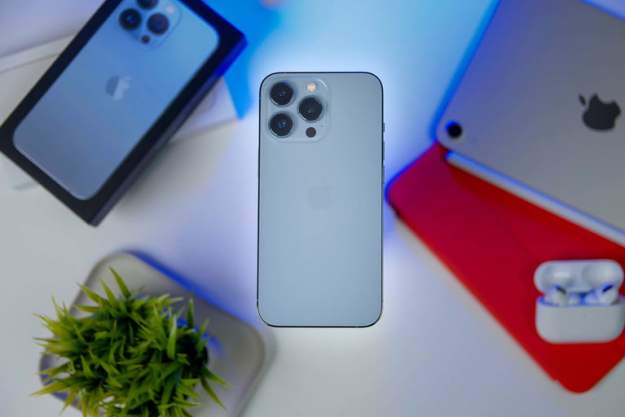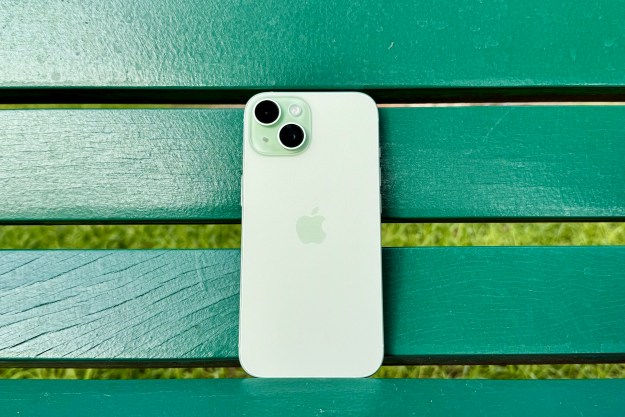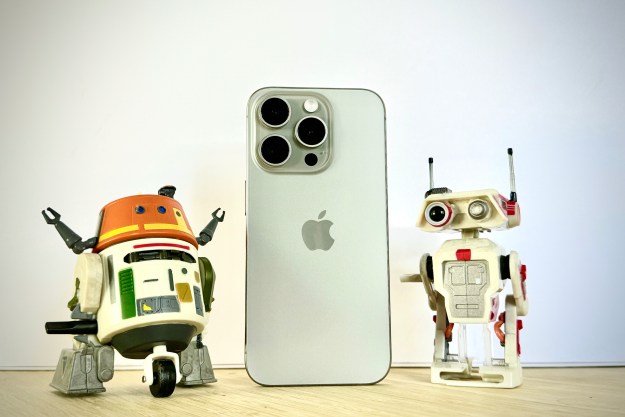
Like identical twins, Verizon’s new iPhone 4 and the version that has been available on AT&T since this summer may share a vast majority of their DNA, but it’s the fraction of a percent where they differ that geeks and analysts will be picking apart. Wondering how the same phone will work differently on different networks? Here’s how Verizon’s iPhone 4 will diverge from AT&T’s iPhone 4.
Verizon’s iPhone acts as a mobile hotspot.

Verizon’s iPhone won’t let you use data while you talk.
Verizon may have the nation’s most expansive 3G network, but CMDA does come with some caveats, most notably: It can’t handle simultaneous voice and data use. This may only present a problem for the most compulsive multitaskers, but you can forget about plugging your friend’s address directly into Google Maps when he dictates it to you over the phone, or surfing the Web during those never-ending conference calls.
Verizon’s iPhone has a tweaked antenna design.
Different network, different antenna. Apple allegedly fixed its Antennagate woes by quietly adding a nonconductive coating to later iPhone 4 models on AT&T, but the CDMA version has been overhauled even more, which should prevent the same connectivity woes that marred its initial rollout this summer.
AT&T’s version has more headroom for faster Internet access.
The HSDPA 3G chip in AT&T’s iPhone 4 can technically support download speeds up to 7.2 mbps, while the EVDO Rev. A standard used for Verizon’s model technically caps out at 3.1 mbps. Before anybody gets an aneurysm from these numbers: They’re both purely hypothetical speeds caps that no one will likely ever bump up against in real life. As anyone who has used an iPhone on AT&T can tell you, the overburdened network often produces pitiful speeds in its current state, and an impromptu speed test also shows Verizon outperforming AT&T in real life. Still, AT&T is already prepping ads that claim a speed advantage on its home network, and carrier-side upgrades could propel the AT&T iPhone faster than its Verizon sibling in the future – hypothetically.
Verizon’s iPhone is no globetrotter.
Besides the no-voice-and-data catch, Verizon’s CDMA network has some other liabilities when it comes to travel. Specifically, few countries in the world use the CDMA standard, while GSM can be found just about anywhere cell service can be. That makes Verizon’s iPhone a US-only affair for the most part, but it’s worth noting that the micro SIM used in AT&T’s iPhone 4 also throws a wet blanket on its travel potential, preventing the easy SIM swaps GSM users have typically been able to take advantage of.
Verizon will offer different data plans.
Verizon declined to announce data plans for the iPhone with its announcement today, but the Wall Street Journal claims its existing data plans, including an unlimited option, will remain intact. That means heavy data users can get unlimited service on Verizon for $30, versus a 2GB cap on AT&T for $25. Lighter data users may prefer AT&T. Currently, the carrier affords users 200MB for $15 a month, while Verizon offers 150MB in at plan priced the same. Prices, however, could very well change prior it launch.
Editors' Recommendations
- Are you having iPhone alarm problems? A fix is coming soon
- iPhone 16: news, rumored price, release date, and more
- How to schedule a text message on your iPhone
- Best refurbished iPhone deals: Get an iPhone 14 for $513
- Nomad’s new iPhone case and Apple Watch band may be its coolest yet


